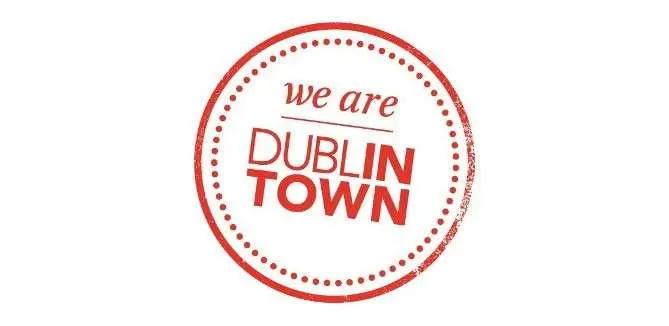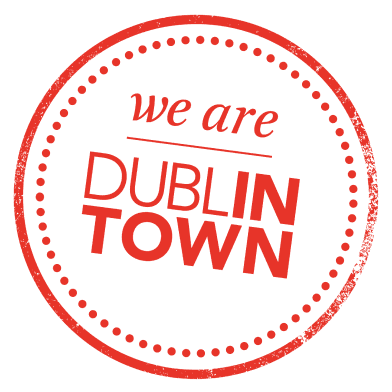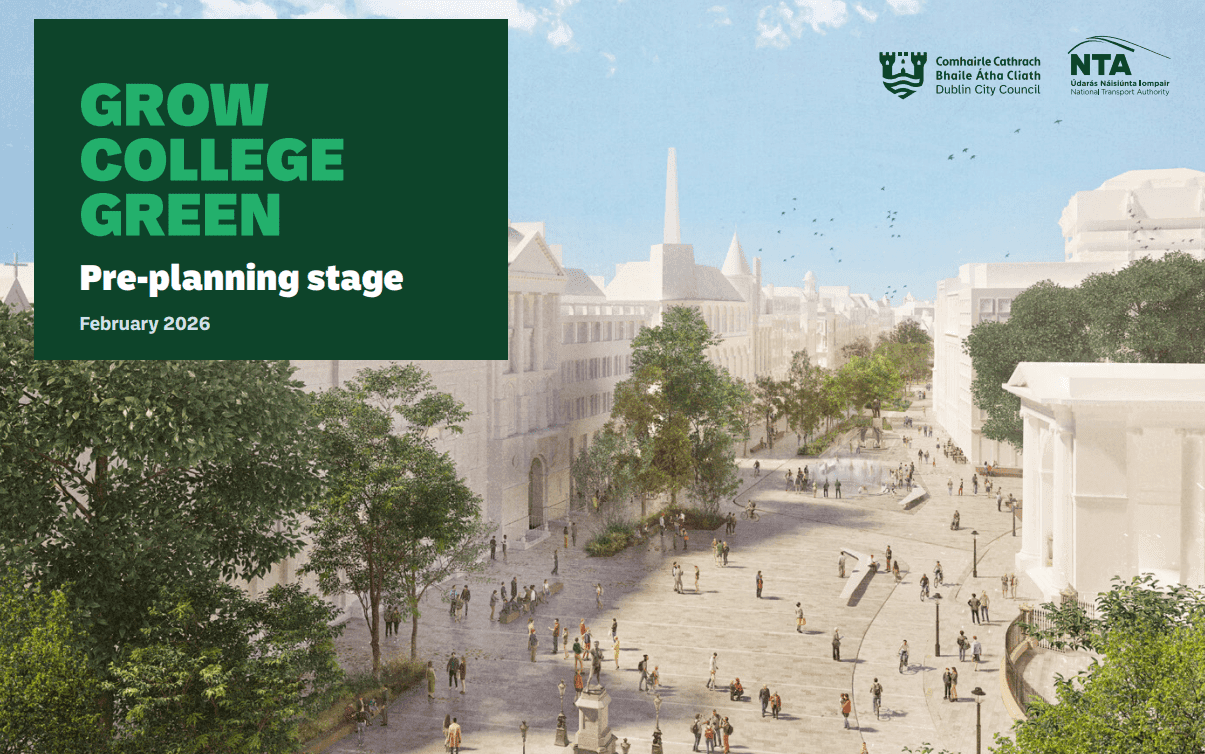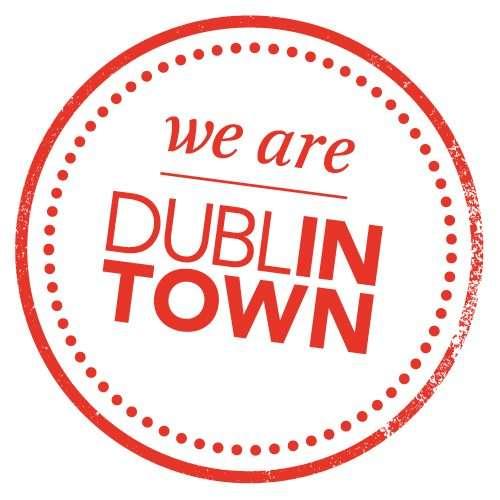Dublin City Centre Footfall Declines By 65.8%

- Mon 23 March, 2020
200,000 less people visiting the city centre each day as remote working and social distancing measures take hold. Most customer facing businesses (employing 35,000 people) now closed.
New data from DublinTown, the collective voice of businesses in Dublin City Centre, has shown that footfall in Dublin city centre has continued to decline as people work from home and exercise social distancing.
Footfall in the area between Monday 16th March – Sunday 22nd March dropped by 65.8%. The trend throughout the week became more evident as businesses chose to shut their doors. The decline on Monday 16th March was 37.5%, by Saturday it was 77%. Footfall on St. Patrick’s day 2020 was down 71.7% on the level recorded on St. Patrick’s day 2019.
The data showed that streets with the high concentration of hospitality businesses were most impacted. South William Street recorded a reduction of 85% while Grafton Street saw a reduction of 75% in its footfall. This means approximately 200,000 less people visiting the city centre each day.
In the interests of the health and welfare of both customers and staff, many of the city’s customer facing businesses have chosen to close their doors. Others providing essential retail and hot prepared meals are continuing to meet customer needs while exercising responsible social distancing. However, the majority of DublinTown’s 35,000 retail and hospitality workers have already been temporarily laid off or are facing a very uncertain future.
Commenting on the data and calling on the Government for additional support, DublinTown CEO Richard Guiney said:
“This is an unprecedented event, starkly illustrated by the dramatic decline in city centre footfall. St. Patrick’s week is traditionally the beginning of the tourist season and one where it’s all hands on deck for many in the hospitality sector. However, this year many businesses within the industry had their doors closed.
“Many of our members are small, family owned independent retailers, restaurants and bars. Right now their ability to get through this is dependent on their cash reserves and personal savings, but few have sufficient reserves to stay afloat for the prolonged period of several months that this crisis may last for.
“The current emergency is first and foremost a health crisis and the preserving life has to take precedence over all other considerations. However, we must also do everything in our power to ensure that the economy is ready to rebound rapidly once it is safe to do so. Central to this is assisting employers to retain their skilled and talented workforce. This will require innovative schemes similar to some of those developed in other jurisdictions where employers and the state combine to provide a living wage for those forced out of work.”
“Many Irish retailers have developed their online services, while restaurants are engaging in takeaway and delivery services. Traders have noted their appreciation of members of the public buying vouchers from them. Such support from the public in these very difficult times is greatly appreciated by all concerned. We are in this together and can emerge successfully where we continue to have a collective effort.”


